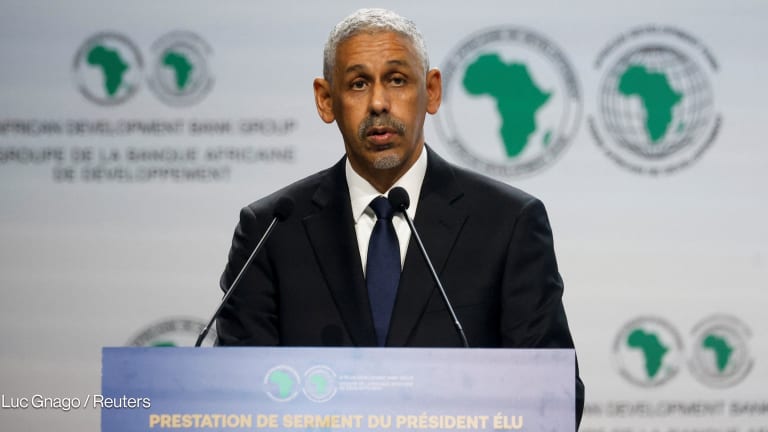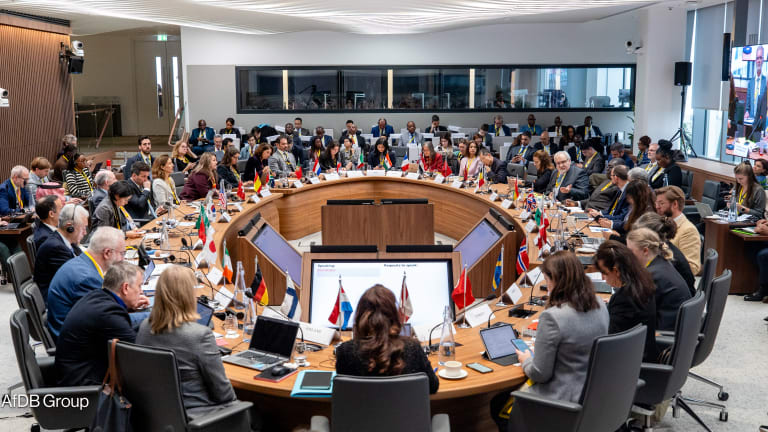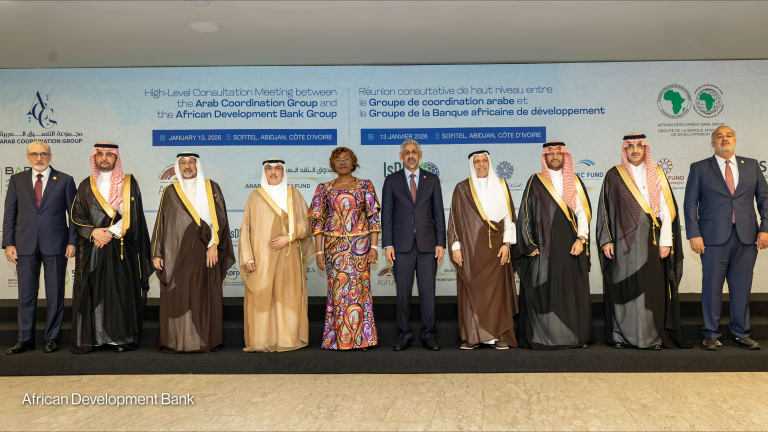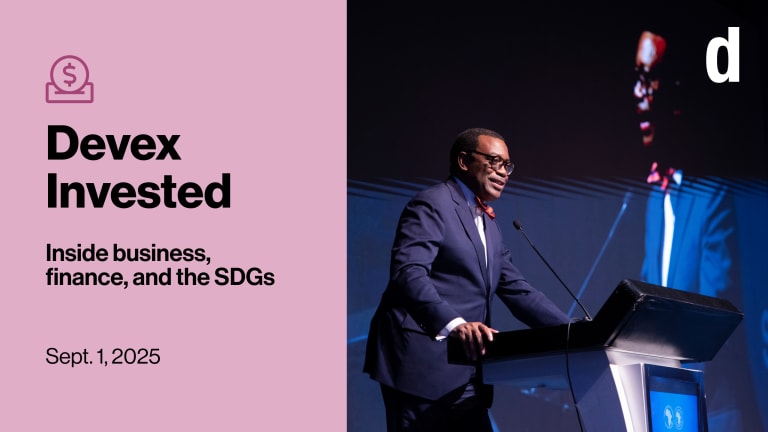On May 29 in Abidjan, Côte d’Ivoire, the African Development Bank will pick its next president — and the timing couldn’t be more pivotal.
With traditional aid budgets under pressure and demand for development finance rising, this election isn’t just about choosing a boss. It’s also a high-stakes decision about the bank’s future direction, focus, and priorities.
Eighty-one member countries — including African nations and major shareholders such as the United States, France, and Saudi Arabia — will cast their votes. To win, a candidate must secure a “double majority”: over 50% of the total vote and over 50% from African countries.
Printing articles to share with others is a breach of our terms and conditions and copyright policy. Please use the sharing options on the left side of the article. Devex Pro members may share up to 10 articles per month using the Pro share tool ( ).








